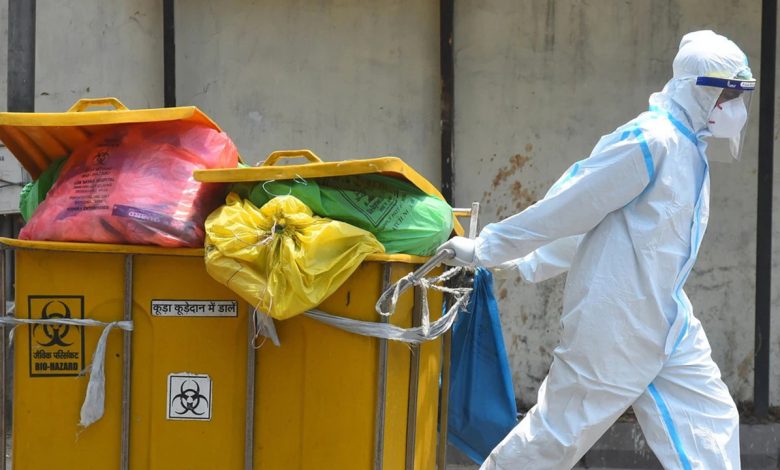Biohazard waste, also known as hazardous waste, poses significant risks to public health and the environment if not managed properly. Healthcare institutions generate a considerable amount of biohazard waste daily, including materials contaminated with infectious agents, chemotherapy drugs, and other hazardous substances. Navigating regulatory requirements for hazardous waste disposal is essential for healthcare institutions to ensure compliance, minimize risks, and protect the well-being of their staff, patients, and the community.
Understanding Hazardous Waste Disposal Regulations
Hazardous waste disposal regulations are established at the federal, state, and local levels to govern the safe handling, storage, transportation, and disposal of materials deemed hazardous to human health and the environment. These regulations aim to mitigate risks associated with hazardous waste, prevent pollution, and safeguard public health and safety. Healthcare institutions must adhere to these regulations to avoid legal liabilities, penalties, and adverse impacts on the environment.
Key Regulatory Requirements for Healthcare Institutions
Waste Identification: Healthcare facilities must accurately identify and classify biohazard waste generated on their premises according to regulatory definitions and guidelines. This includes segregating different types of hazardous waste and ensuring proper labeling to facilitate safe handling and disposal.
Storage and Containment: Hazardous waste must be stored in appropriate containers that are leak-proof, durable, and compatible with the waste being stored. Storage areas should be secure, well-ventilated, and equipped with secondary containment measures to prevent spills and releases.
Transportation: Hazardous waste transportation is subject to specific regulations governing packaging, labeling, manifesting, and vehicle requirements. Healthcare institutions must contract with licensed waste haulers to transport hazardous waste to authorized treatment, storage, and disposal facilities (TSDFs).
Treatment and Disposal: Hazardous waste must be treated and disposed of in accordance with regulatory requirements to minimize environmental impact and protect public health. Treatment methods may include incineration, autoclaving, chemical treatment, or other approved processes, depending on the type of waste and applicable regulations.
Recordkeeping and Reporting: Healthcare institutions are required to maintain accurate records of hazardous waste generation, storage, transportation, treatment, and disposal activities. This includes maintaining manifests, tracking waste volumes, and submitting reports to regulatory authorities as mandated by law.
Compliance Challenges and Best Practices: Healthcare institutions may encounter various challenges when navigating hazardous waste disposal regulations, including complex regulatory frameworks, evolving compliance requirements, and resource constraints. However, implementing best practices can help streamline compliance efforts and minimize risks:
Staff Training: Providing comprehensive training to healthcare personnel on hazardous waste management protocols, including waste segregation, handling, and disposal procedures.
Compliance Audits: Conducting regular audits and assessments to identify compliance gaps, address deficiencies, and improve hazardous waste management practices.
Collaboration: Collaborating with waste management experts, regulatory agencies, and industry stakeholders to stay informed about regulatory changes, share best practices, and address emerging issues.
Continuous Improvement:Establishing a culture of continuous improvement by soliciting feedback, implementing corrective actions, and monitoring performance metrics to enhance hazardous waste management effectiveness and efficiency.
Conclusion: In conclusion, navigating biohazard waste disposal regulations is essential for healthcare institutions to ensure compliance, mitigate risks, and protect public health and the environment. By understanding and adhering to regulatory requirements, healthcare facilities can safely manage hazardous waste, minimize liabilities, and demonstrate their commitment to responsible waste management practices. It is imperative for healthcare institutions to stay informed about regulatory updates, invest in staff training and resources, and implement best practices to achieve compliance and promote a culture of safety and sustainability.


No comments yet